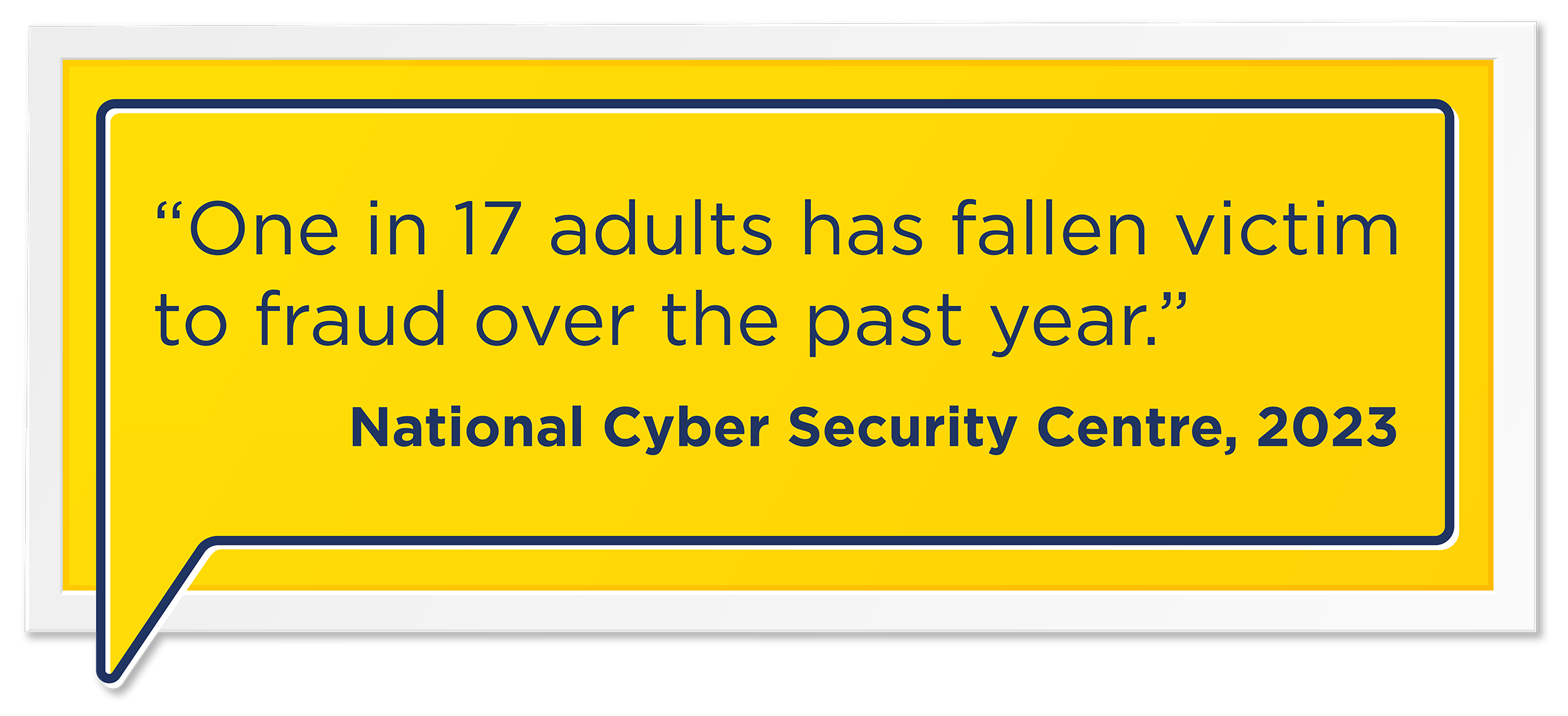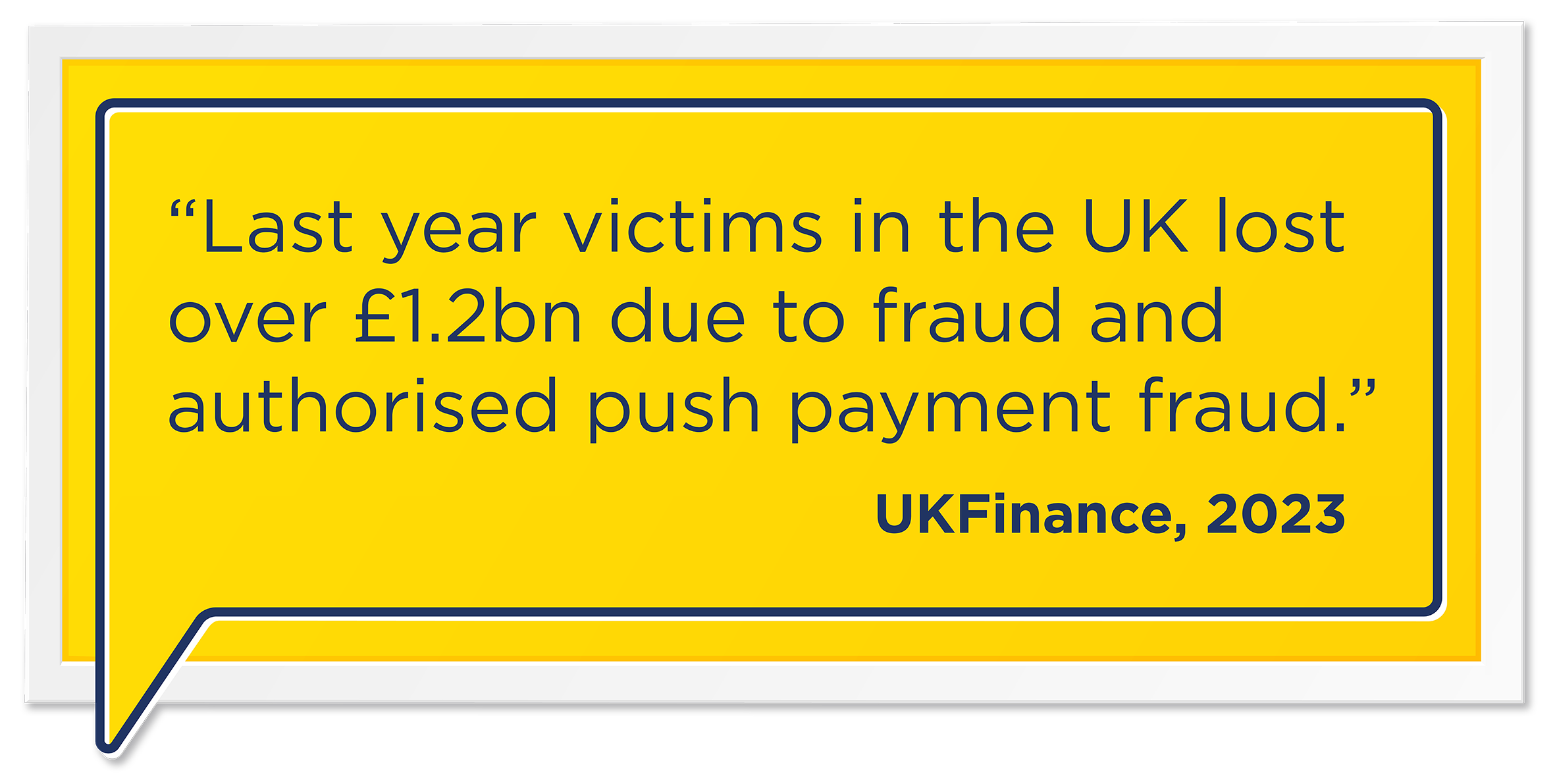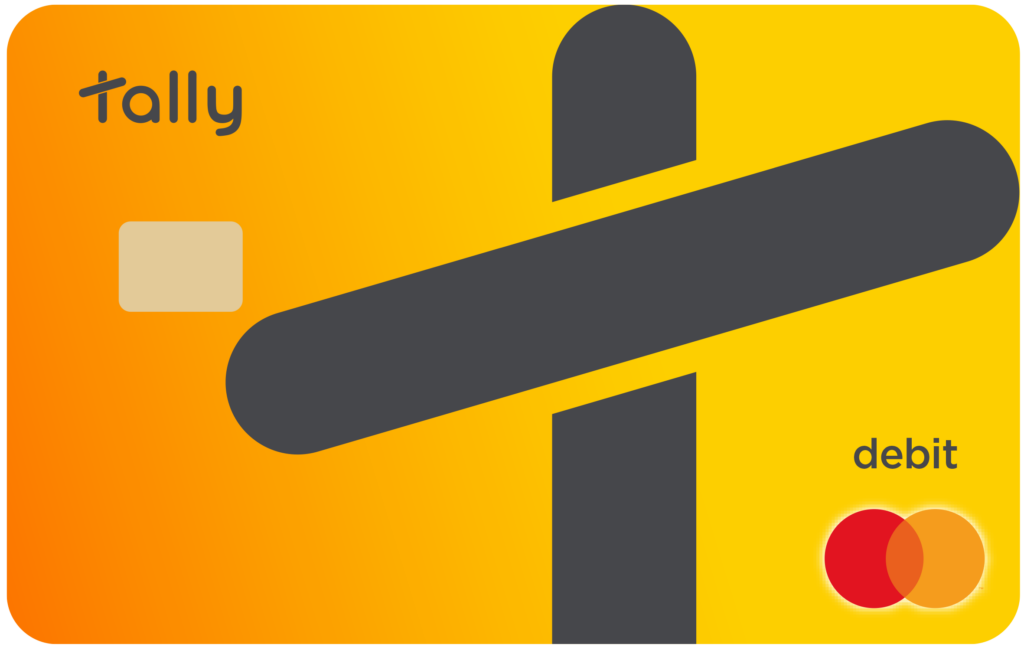Welcome to the wild world of online marketplaces, where the line between a steal and a scam gets blurrier than a foggy British morning. Dive into the deceptive world of marketplace scams with our Head of Compliance Operations, Kevin. Unmasking the sly tricks scammers use on platforms like Facebook, Instagram, and Whatsapp, Kevin spills the beans on avoiding app frauds and emerging unscathed. From dodgy bank transfers to concert ticket cons, learn the savvy signs to protect your wallet.
So what is a purchase scam, is it any different from a marketplace scam?
A purchase scam occurs when fake or non-existent items are promoted for sale. These are commonly referred to as marketplace scams and often take place on platforms like Facebook Marketplace, Instagram, or WhatsApp, as well as on fraudulent websites. These scams typically focus on popular items such as smartphones, concert tickets, watches, and so on. It’s crucial to understand that not everything listed for sale on these platforms is fake. Therefore, it’s advisable to conduct thorough checks before making any payments, as, from a criminal’s perspective, all money is considered free money.

What are the key signs to look out for?
How are you paying for the product?
- Do they only offer the choice of receiving funds via a bank transfer?
- Is the bank account under the name of the person you are speaking to, or are they asking you to pay someone else?
- Most reputable companies and online auction companies have the option of you paying by Credit or Debit card directly on the site.
- Would you typically send money to the bank account of someone you don’t know?
Have they asked you to be dishonest with anyone?
It’s not uncommon for your bank or payment provider to ask you why you are sending funds. They are not just being nosey, but often see patterns that can be used to protect you.
If you are buying a product and the seller asks you to say you are ‘paying a friend’ ask yourself ‘Why are they asking me to lie?’ could giving a false statement comeback to bite if you had to notify the police that your money had been stolen.
If the price is too good to be true, it probably is.
Are they willing to accept a low offer? Ask yourself why. If they agree to your £10 offer for a product listed at £100 but worth £1000, does that seem reasonable? Receiving £10 from multiple people without providing anything in return is a successful day for a fraudster.

What can I do to protect myself from marketplace scams?
- Check if you can meet them in-person and view the product for sale first.
- If you’re purchasing a highly sought-after item such as a concert ticket, ask yourself why aren’t they selling through a reputable resale website?
- Use a secure payment method.
- If you are buying from an independent website, ensure that:
- The ‘click-through’ links lead to relevant information.
- You can locate the business on Companies House or another reliable source to verify its existence.
- You can discover the website through a search engine rather than relying on a link within an email.
- Assess the company’s credibility by checking review platforms like Trustpilot, Google Reviews, or Feefo.
What should you do if you think you have been scammed?
- Immediate Action: If scammed, act promptly. Contact local law enforcement and your bank immediately.
- Documentation: Save conversations through screenshots or printouts.
- Reporting: Report the user and listing to the platform.
Don’t feel guilty or ashamed if you’ve been scammed. These individuals are often professionals and are well-versed in their field.
More information and advice:


